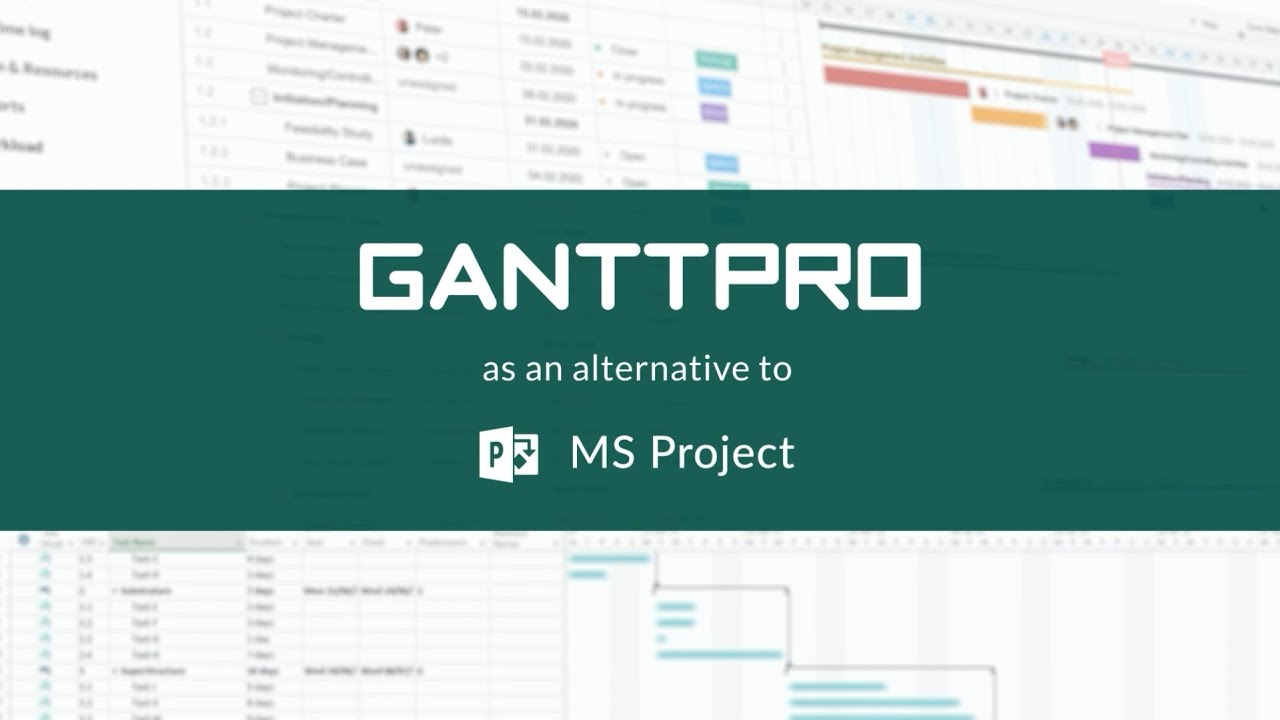Common Challenges in Cost Management in Project Management
Cost management in project management is essential for ensuring that projects are completed within budget, and that resources are allocated efficiently. However, cost management can be challenging, and there are a number of common challenges that arise during the process. In this article, we will explore some of the most common challenges faced in cost management in project management and provide tips for overcoming these obstacles.
Defining the project budget
One of the first challenges that arise in cost management is defining the project budget. This involves determining the amount of money that will be needed to complete the project, as well as allocating funds to specific tasks or activities.
There are several factors that can influence the project budget, including the scope of the project, the size of the team, the quality of resources available, and the timeline for completion. It is important to take all of these factors into account when creating the project budget, in order to ensure that the budget is realistic and achievable.
Estimating costs accurately
In order to create a realistic project budget, it is also important to estimate costs accurately. This involves taking into account not only the direct costs of the project, such as materials and labor, but also indirect costs, such as overhead expenses and indirect labor costs.
It can be difficult to estimate costs accurately, especially for complex projects with many variables. Some tips for improving cost estimation accuracy include:
- Conducting thorough research on the cost of materials, labor, and equipment
- Involving subject matter experts in the cost estimation process
- Using historical data from similar projects to inform cost estimates
- Incorporating contingency plans into the budget to account for unexpected expenses
Managing project expenses
Once the project budget has been defined, the next challenge is managing project expenses. This involves tracking actual expenses as they occur, and comparing them against the budget to ensure that the project is staying on track.
There are several tools that can be used to manage project expenses, including online Gantt chart software, such as Microsoft Project or Monday.com, and project management software, such as Wrike or Smartsheet. These tools allow project managers to easily track expenses, compare actual costs against the budget, and make adjustments as needed to keep the project on track.
In addition to using software tools, it is also important to establish clear processes for tracking expenses, such as requiring receipts for all purchases and regularly reviewing expenses to identify any discrepancies or areas for improvement.
Controlling costs effectively
Another key aspect of managing project expenses is controlling costs effectively. This involves taking steps to minimize unnecessary expenses and ensure that resources are being used efficiently.
Some strategies for controlling costs include:
- Negotiating better deals with suppliers and contractors
- Implementing cost-saving measures, such as reducing energy consumption or using reusable materials
- Regularly reviewing expenses to identify areas for improvement
- Encouraging team members to identify and report waste or inefficiencies
Monitoring and reporting progress
Once the project budget has been defined and expenses are being managed effectively, the next challenge is monitoring and reporting progress. This involves tracking the progress of the project, comparing actual performance against the budget, and reporting on the status of the project to stakeholders.
Monitoring and reporting progress can be challenging, as it requires a high level of accuracy and attention to detail. It is important to use reliable tools, such as a Gantt chart or online Gantt chart software, to track progress and compare actual performance against the budget.
In addition to tracking progress, it is also important to regularly report on the status of the project to stakeholders, such as project sponsors, team members, and clients. This helps to ensure that everyone is aware of the progress of the project and can identify any potential issues early on.
Communicating effectively with stakeholders
Effective communication with stakeholders is key to monitoring and reporting progress. This involves keeping stakeholders informed about the status of the project, and addressing any concerns or questions that may arise.
Some tips for effective communication with stakeholders include:
- Regularly updating stakeholders on the progress of the project
- Providing clear and concise reports on the status of the project
- Being transparent about any issues or challenges that may arise
- Encouraging open and honest communication between team members and stakeholders
In conclusion, cost management in project management can be challenging, but by understanding the common challenges and taking steps to overcome them, project managers can ensure that projects are completed within budget and that resources are used efficiently. Whether it’s defining the project budget, managing project expenses, or monitoring and reportingprogress, there are strategies and tools available to help project managers successfully overcome the challenges of cost management.
By conducting thorough research, involving subject matter experts, utilizing software tools, and encouraging open communication with stakeholders, project managers can ensure that their projects are completed on-time, within budget, and to the satisfaction of all stakeholders.

